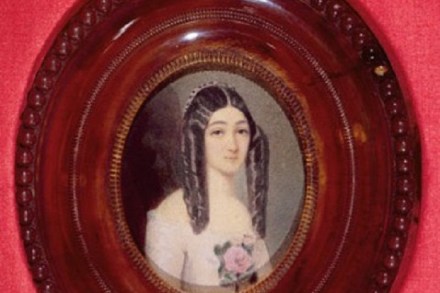What might link Cleopatra, Augustus, Constantine, Barbarossa, Tamerlane and the Farnese?
The stone called sardonyx looks a lot more fragile than it actually is. It’s luminous like glass, but hard like steel, which explains why so much of it has survived from ancient times. Fame being a relative word, one might describe Medusa’s Gaze: The Extraordinary Journey of the Tazza Farnese by Marina Belozerskaya as a























